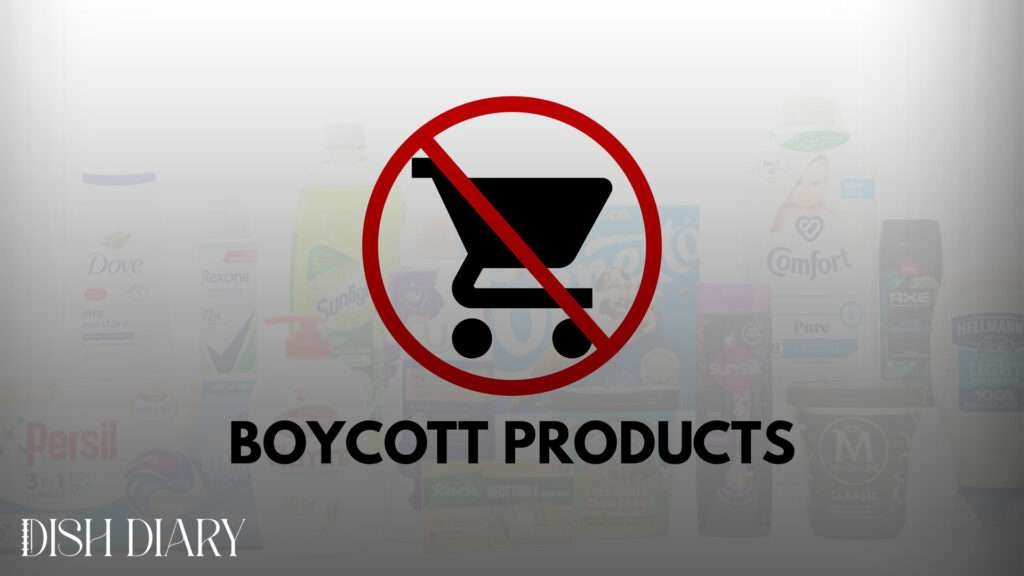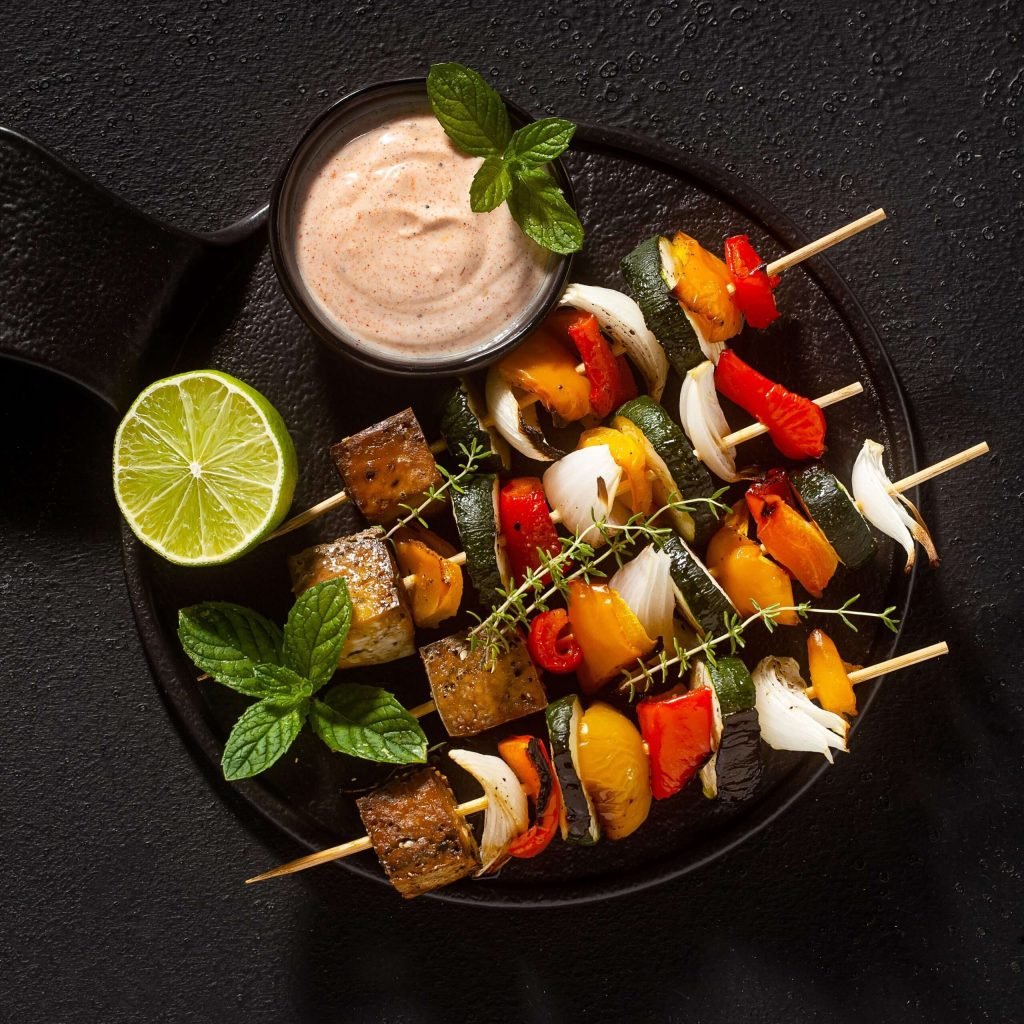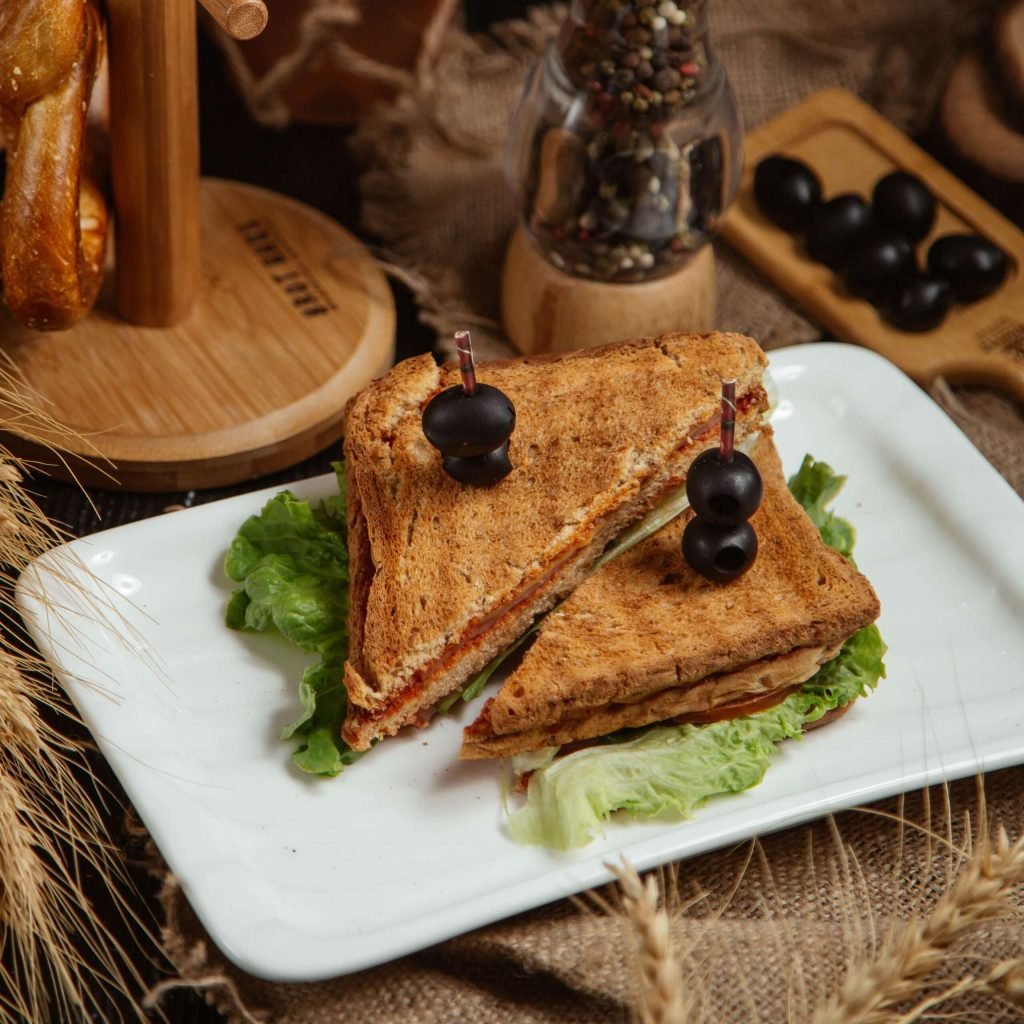Many people in the UK are now rethinking their shopping choices. With rising awareness about brands’ political links, especially around the Israel-Palestine conflict, several popular products have come under fire. Drinks like Red Bull, Pepsi, Fanta, and even Pret A Manger are being added to boycott lists by concerned consumers.
In this blog, we’ll explore which products are on the boycott list, why they are being targeted, and what you can choose instead. This is especially helpful for people looking to avoid brands linked to controversial business practices or political affiliations.
Table of Contents
Why Are These Products Being Boycotted?
The current wave of boycotts mainly stems from global outrage over the situation in Palestine. Many people believe that avoiding products linked to Israel is a form of protest. Some brands are being boycotted because they:
- Operate or sell products in Israel
- Support or donate to organisations with links to Israel
- Have stayed silent on major humanitarian issues
- Have parent companies involved with Israeli businesses
These concerns are shared widely on social media platforms, UK forums, and consumer awareness groups. While these boycotts are unofficial, they reflect public opinion and consumer activism.

Is This a UK-Specific Boycott?
Boycott movements are happening around the world, but in the UK, they’ve gained strong traction due to:
- Widespread protests and demonstrations across major cities
- The role of social media in sharing boycott lists
- Public campaigns urging supermarkets to drop certain brands
These boycotts are not officially recognised by the UK government or major retailers. However, they are growing fast, driven by independent research, activist groups, and concerned shoppers.
Products That Are Being Boycotted
Here are some of the most talked-about brands currently appearing on boycott lists, based on online campaigns and UK consumer trends:
1. Is Red Bull boycott?
Red Bull is being widely boycotted because it continues to operate in Israel. Although the company has not made any political statements, its commercial presence there has triggered calls for action.
Why it’s boycotted:
- Active sales in Israel
- No statement distancing from political conflict
- Profiting from the Israeli market
2. Is Pepsi boycott list?
Pepsi and its parent company have also come under fire. While Pepsi hasn’t released an official position, it has a long history of business in Israel.
Why it’s boycotted:
- Historical business operations in Israel
- Corporate silence on current issues
3. Is the Fanta boycott?
Fanta is a product of The Coca-Cola Company, which has been the focus of boycott campaigns for years. Many see Coca-Cola’s operations in Israel as a problem.
Why it’s boycotted:
- Owned by Coca-Cola
- Seen as profiting from the Israeli market
4. Is Dr Pepper boycott?
Dr Pepper is owned by Keurig Dr Pepper Inc. Its listing on boycott websites is due to its lack of transparency and ongoing business in Israeli markets.
Why it’s boycotted:
- Continued distribution in Israel
- No statement regarding Palestine
5. Is Lucozade boycott?
Lucozade is under scrutiny for alleged links to companies involved in the Israeli market. Many boycott lists include Lucozade for ethical concerns.
Why it’s boycotted:
- Alleged supply chain connections
- Lack of response to boycott campaigns
6. Is Rubicon on the boycott list?
Rubicon is a UK-based drink brand, but it has appeared on boycott lists due to its parent company and commercial affiliations.
Why it’s boycotted:
- Concerns over supply chain partnerships
- Silence on political issues
7. Is Pret on the boycott list?
Pret is one of the most high-profile food chains in the UK, facing boycott calls. Campaigns accuse it of supporting organisations linked to Israel.
Why it’s boycotted:
- Alleged ties to investment groups supporting Israel
- Refusal to address public concerns
8. Is Joe and the Juice boycott?
This café chain has become a focus for boycott efforts due to social media claims about its operations and ownership.
Why it’s boycotted:
- Believed to operate in or support Israeli businesses
- No official response to growing backlash
What Can You Buy Instead?
If you’re looking to avoid boycott-listed products, here are some popular and safe alternatives available in the UK:
Energy Drink Alternatives:
- Tenzing, Virtue Clean Energy, Boost Energy, Carabao
- These are not listed in the current boycott discussions
Soft Drink Alternatives:
- Karma Cola (ethically sourced), Dalston’s Soda, Whole Earth Organic
Food Chains and Cafés:
- Choose local independent cafés over large chains
- Support businesses that have spoken up on social justice issues
These alternatives are often smaller, independent brands with no known political involvement. They’re also widely available across UK supermarkets and online.

FAQs
Q1. Is Red Bull really being boycotted?
Yes, it’s part of many unofficial boycott campaigns due to its business presence in Israel.
Q2. Is this boycott only happening in the UK?
No, but the UK has seen a large rise in awareness and action among consumers.
Q3. Why is Pret being boycotted?
People believe it’s investors who support Israel or related causes. The company hasn’t denied these claims publicly.
Q4. Are these official government boycotts?
No, these are citizen-led movements with no formal regulation.
Q5. Where can I check if a brand supports Israel?
Many activist websites and social media pages regularly update brand boycott lists.
Q6. Do supermarkets like Tesco stock boycott-listed products?
Yes, most supermarkets still carry these items unless pulled by public pressure or company decision.
Conclusion
Understanding which products are on the boycott list helps UK consumers make informed choices. While these boycotts are not officially backed by the government, they reflect real public concerns. Red Bull, Pepsi, Pret, and others are being avoided by many for ethical and political reasons.
By switching to alternative brands, you can support businesses that better align with your values. Whether you’re doing it for humanitarian reasons or personal ethics, your shopping choices can have an impact.














